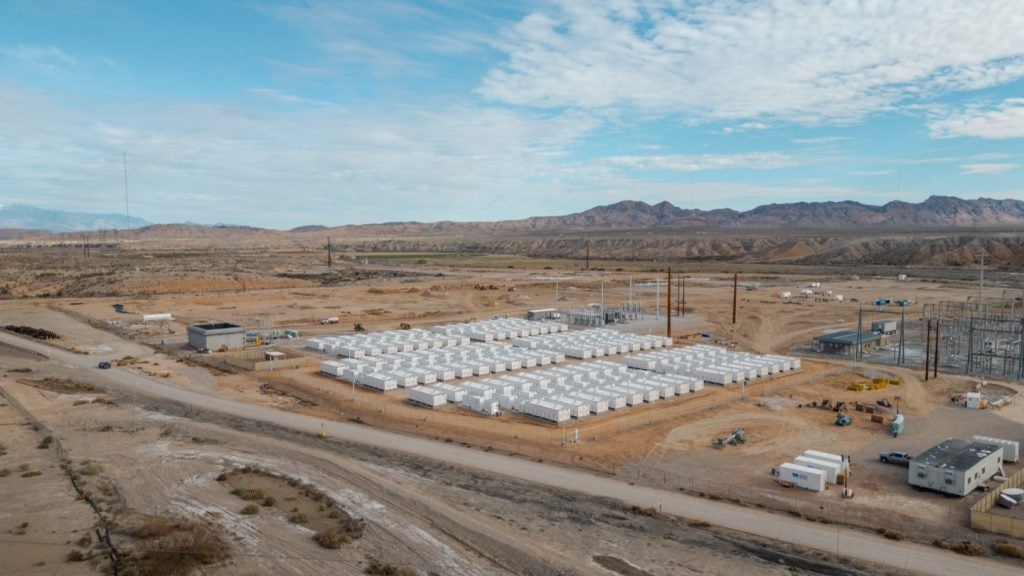
Mining giant Rio Tinto on Friday signed a memorandum of understanding (MoU) with Yindjibarndi Energy Corporation (YEC) to collaborate on renewable energy projects on Yindjibarndi country in the Pilbara region of Western Australia.
Rio Tinto and YEC will evaluate potential wind and solar power projects, as well as battery energy storage systems, the Australian miner said in a press release. The initial focus will be on assessing the viability of a solar power generation facility to supply Rio Tinto’s iron ore operations.
The MoU comes as part of Rio Tinto’s $3bn plan to decarbonise its iron ore business, which is currently powered by four gas-fired power stations. An estimated 700MW of renewable capacity will be required to replace its gas supply. Currently, the company is in the assessment phase for approximately 300MW of solar projects.
YEC was established in June following an agreement between the Yindjibarndi Aboriginal Corporation (YAC), the representative institution for the Aboriginal Yindjibarndi people, and renewables developer ACEN, with an aim to progress the development of renewable energy projects on Yindjibarndi Ngurra (country).
YEC plans to boost its portfolio capacity by 750MW of combined wind, solar and battery storage, with construction scheduled to begin within the “next few years,” although no further specifics were disclosed. The MoU relates to some, but not all, of these projects.
See Also:
Michael Woodley, YAC chief executive, said: “Yindjibarndi Ngurra is ideally suited to developing renewable energy generation and our people are encouraged by Rio Tinto’s interest in building this capacity with us.
How well do you really know your competitors?
Access the most comprehensive Company Profiles on the market, powered by GlobalData. Save hours of research. Gain competitive edge.

Thank you!
Your download email will arrive shortly
Not ready to buy yet? Download a free sample
We are confident about the unique quality of our Company Profiles. However, we want you to make the most beneficial decision for your business, so we offer a free sample that you can download by submitting the below form
By GlobalData“This will strengthen our existing partnership and provide long-term benefits for our community, while also ensuring that we can protect and preserve the areas of cultural, spiritual and environmental significance within our Ngurra.”
Rio Tinto has come under fire recently for continuing to blast rock shelters of ancient and cultural significance near the Pilbara region. In September it blasted a rock shelter, which is registered as an Aboriginal heritage site and home to the Muntulgura Guruma people, near its Nammuldi iron ore mine.
Earlier this month, the company said there had not been any damage to the rock shelter, but tensions with Aboriginal leaders remain. Dawn Hughes, a director at the Wintawari Guruma Aboriginal Corporation, the body that represents the Muntulgura Guruma people, said: “Rio was very quick to tell their investors that they had caused no impacts to our heritage but failed to accommodate our views again. We asked Rio in 2016 to adequately protect this site, but they did not.”
Three years ago, Rio Tinto was widely condemned for the destruction of the 46,000-year-old Juukan Gorge rock shelters, which constitute a site of cultural significance for the Puutu Kunti Kurrama and Pinikura people.
The chairman of Rio Tinto called it a “deep stain” on the company’s history, and the incident resulted in a government enquiry and the resignation of Rio’s CEO, chairman and two senior executives.







